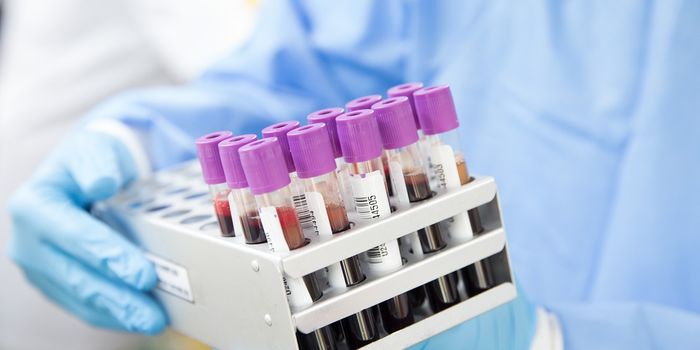New treatment for malignant pleural mesothelioma
New research reported during a virtual presentation of the Society of Interventional Radiology's 2020 Annual Scientific Meeting detailed a new treatment option for patients with advanced mesothelioma. The treatment is called transarterial chemoperfusion and combines cisplatin, methotrexate and gemcitabine in 4 week sessions to control the disease rate for patients with relapsed malignant pleural mesothelioma (MPM).
MPM has a poor prognosis and current treatment options are limited, with surgery being the only effective option. However, surgery is only possible with early detection and approximately only 10-20% of patients are candidates for surgery.
"MPM is a devastating cancer of the pleura, the membranes surrounding the lungs, that is very difficult to treat," stated the study’s principal investigator Bela Kis, MD, PhD, who is an interventional radiologist at the Moffitt Cancer Center in Tampa. "The typical survival rate of patients with stage 3 and 4 MPM is around 12 months from diagnosis; but with this new treatment, we are hoping we might be able to extend patients' lives beyond that--giving them more time with friends and family."
In the Phase II clinical trial reported on at the meeting, 27 patients with relapsed MPM who had previously undergone multiple rounds of chemotherapy, in addition to radiation therapy and pleurectomy in some individuals, were administered transarterial chemoperfusion.
As the scientists reported in their presentation, “Transarterial chemoperfusion treatment selectively delivers a relatively high concentration of chemotherapy to the targeted tissue's arterial bed maximizing antitumoral effect and minimizing systemic side effects.” This procedure, which is outpatient, lasts roughly one hour with an hour of recovery time following.
The good news from the interim results of the study report minor side effects from the treatment, such as mild nausea and chest pain, and a 70.3% disease control rate and median overall survival rate of 8.5 months from the start of the chemoperfusion treatment.
"We were pleasantly surprised to find that this treatment doesn't come with the same side effects of traditional intravenous chemotherapy," said Kis. "To see these promising results with so few side effects means we are able to make a positive impact on the quality of life for these patients."
However, before that happens, the scientists acknowledge that more research must be conducted to fully implement the clinical trial’s results into standard of care procedures.
Sources: SIR's Annual Scientific Meeting, Eureka Alert









